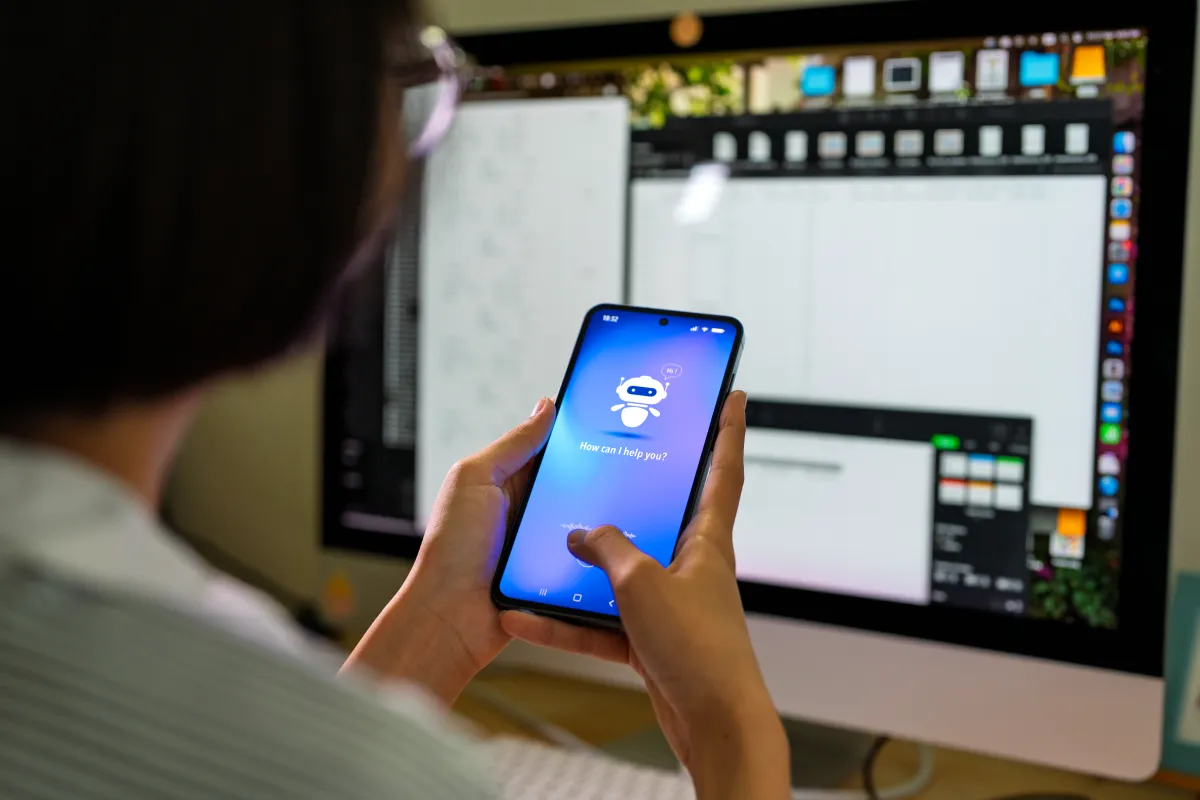In today’s ever-evolving digital landscape, customer experience has emerged as a crucial differentiator across industries. Companies like Airbnb have set benchmarks with transformative approaches that prioritize customer satisfaction at every touchpoint. These practices hold valuable lessons, especially for the healthcare industry, where patient-centered care is paramount. By exploring Airbnb’s journey, healthcare providers can glean actionable insights to enhance their own service delivery and patient outcomes. Through this exploration, we'll delve into the key strategies employed by Airbnb in transforming their customer experience and illustrate how these can be relevantly applied within healthcare settings.
Understanding the Customer Experience Transformation at Airbnb
Airbnb’s transformation journey in customer experience began with an unwavering focus on user-centric innovation. They realized that to stand out in the hospitality sector, they needed to go beyond merely booking accommodations; their service needed to offer personalized and memorable experiences. By leveraging data analytics, Airbnb went on to hone in on customer preferences, effectively tailoring communications and offerings to meet individual needs. For instance, machine learning algorithms helped in suggesting properties that aligned more closely with a user’s past favorites and browsing history. This degree of personalization not only enhanced user satisfaction but also created a more engaging and friendly platform.
In healthcare, a similar customer experience approach can significantly benefit patient outcomes. By utilizing advanced data analytics, healthcare providers can offer personalized treatment plans, appointment reminders, and follow-up care instructions tailored to the unique health profile of each patient, thus enhancing patient engagement and satisfaction.
Emphasizing Seamless Communication
A significant aspect of Airbnb's customer experience strategy lies in its seamless communication tools, allowing hosts and guests to engage effortlessly. They implemented intuitive chat features and real-time updates, ensuring that both parties have all the information they need at their fingertips. This proactive communication model reduces uncertainty and builds trust, key ingredients for customer loyalty.
Healthcare providers can learn from Airbnb by adopting robust communication platforms that facilitate easy interaction between patients and providers. Implementing secure messaging apps or patient portals can enable patients to ask questions, receive instant replies, and access medical records, thus fostering an environment of transparency and trust. Such platforms can also facilitate telemedicine services, broadening access to healthcare while maintaining quality patient experience.

Leveraging Customer Feedback for Continuous Improvement
Transforming customer experience at Airbnb involved a deep commitment to listening and responding to user feedback. They utilize surveys, reviews, and ratings to gain insights into areas of improvement. These feedback loops are essential for iterating on services and exceeding customer expectations continually. By embracing feedback, Airbnb has been able to introduce innovations like flexible cancellation policies, which directly address common customer pain points.
In the healthcare sector, incorporating patient feedback can be equally transformative. Hospitals and clinics can encourage patients to provide feedback on their experiences through surveys sent post-visit or post-discharge. Analyzing this feedback would allow institutions to identify gaps in service and implement changes that lead to improvements in patient care and satisfaction.
Creating a Trustworthy and Secure Experience
Security and trust are non-negotiable elements of a positive customer experience, especially in sectors that handle sensitive information. Airbnb has invested heavily in their verification processes, secure payment systems, and 24/7 customer support, ensuring guests and hosts alike have confidence in their platform.
For healthcare providers, establishing a trustworthy environment is critical. Beyond meeting stringent privacy regulations such as HIPAA, healthcare institutions can adopt more secure technologies and practices that protect patient data. Initiatives might include comprehensive authentication processes, encrypted communication channels, and constant monitoring to prevent breaches, thereby earning and safeguarding patient trust.
Fostering a Culture of Empathy and Personalization
Airbnb’s customer experience strategy is fundamentally rooted in empathy and personalization. They aim to understand the cultural nuances and personal preferences of their users, providing recommendations and experiences that resonate on a personal level. This ethos of empathy-driven personalization encourages deeper connections between the service and the user.
In healthcare, adopting a similar empathetic approach can lead to more meaningful patient experiences. Training staff to practice empathy, whether through bedside manners or patient interaction online, can greatly enhance patient satisfaction. Personalization can be advanced by tailoring care plans based on comprehensive patient profiles that consider medical history, lifestyle, and personal preferences, realizing a holistic healthcare experience.
Conclusion
The transformation journey at Airbnb offers invaluable insights into elevating customer experience, with lessons that are particularly pertinent to the healthcare industry. By focusing on personalization, seamless communication, leveraging feedback, ensuring security, and fostering empathy, healthcare providers can significantly enhance their patient care strategies. As the industry continues to evolve, these principles not only promise to improve patient satisfaction but also position healthcare institutions as leaders in patient-centered care. Taking cues from Airbnb's success, healthcare organizations can embark on their own transformation, placing the patient experience at the heart of their operations.








